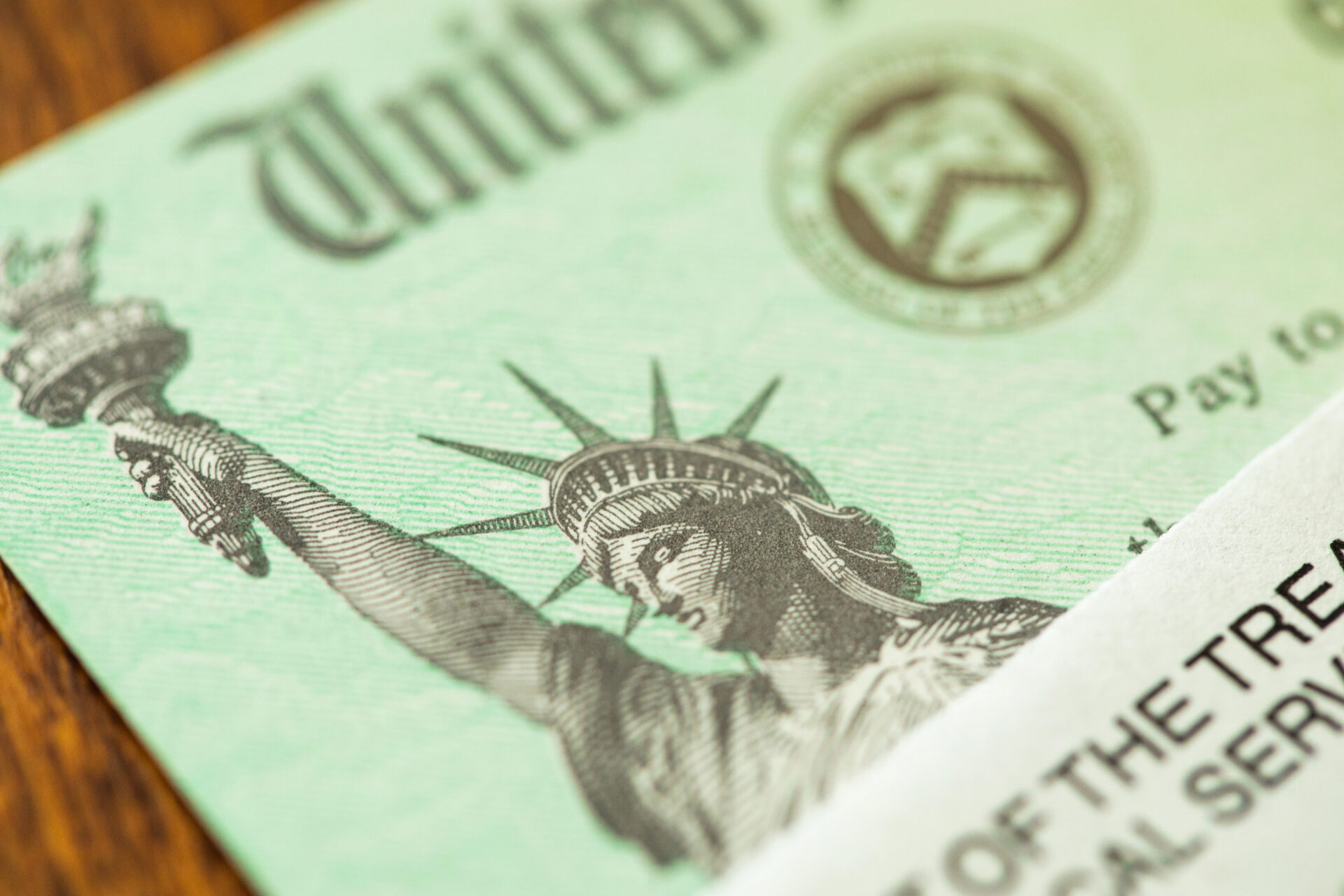In August 2025, President Donald Trump signed an executive order to fight back against what’s known as “politicized debanking.” That’s when banks or financial institutions shut down someone’s account or deny services, not because of fraud or risk, but because they don’t like the person’s political or religious views. This is a serious issue, and it has a direct impact on your financial freedom and the stability of American families.
Imagine waking up one day and finding out your bank account has been closed. You didn’t break any laws. You didn’t bounce any checks. But your bank decided that your opinions or associations don’t line up with their “values.” That’s what’s been happening to some Americans, especially those with conservative viewpoints, religious affiliations, or ties to certain political causes. And that’s dangerous—not just for individuals, but for the entire free-market economy.
One of the biggest principles in a free market is equal access. When banks or payment processors start picking winners and losers based on ideology instead of sound financial risk, it distorts the market. It’s no longer about serving customers or making good investments. It becomes about control.
The executive order Trump signed is a step in the right direction. It tells federal regulators to make sure banks aren’t engaging in this kind of discrimination. But here’s the catch: an executive order can be reversed by the next president. If the White House changes hands again, we could end up right back where we started. That’s why the article from the National Review points out that the states also have a role to play.
If state governments pass laws that protect people from being debanked based on their beliefs, those protections are harder to undo. Banks operate under both federal and state laws. So, if enough states create strong consumer protection measures, that creates a kind of safety net.
From a financial standpoint, this issue matters because it affects trust in the banking system. If families and small business owners start to believe they could lose access to loans, savings accounts, or payment platforms because of their beliefs, they’ll start pulling back. They might move their money into nontraditional assets like gold, silver, or cryptocurrency. While those can be smart investments for diversification, they’re not meant to replace basic banking services.
Also, when people don’t trust banks, they may avoid starting businesses, taking out mortgages, or investing in their communities. That slows down the economy and hurts job creation. A healthy economy depends on people having confidence that their money is safe and that financial services are available to everyone on fair terms.
For investors, this trend also raises questions about the long-term stability of certain financial institutions. If a bank is more focused on political correctness than on risk management, that’s a red flag. It can lead to poor business decisions and reputational damage. Investors should pay close attention to how banks handle these issues. Are they focused on serving customers and growing shareholder value—or are they using their power to push a political agenda?
For families looking to protect their savings, this is a reminder to diversify. Keep a portion of your assets in physical precious metals like gold and silver. These aren’t subject to the same risks as a checking account or a payment processor who might suddenly decide they don’t like your views. Also consider decentralized assets like Bitcoin, which don’t rely on traditional banking systems.
In the end, access to banking is not just a financial issue—it’s a freedom issue. The ability to save, invest, and transact without fear of discrimination is a cornerstone of American prosperity. Policies that protect that freedom—whether from the federal government or the states—are essential to keeping our economy strong and our families secure.





Comments are closed.